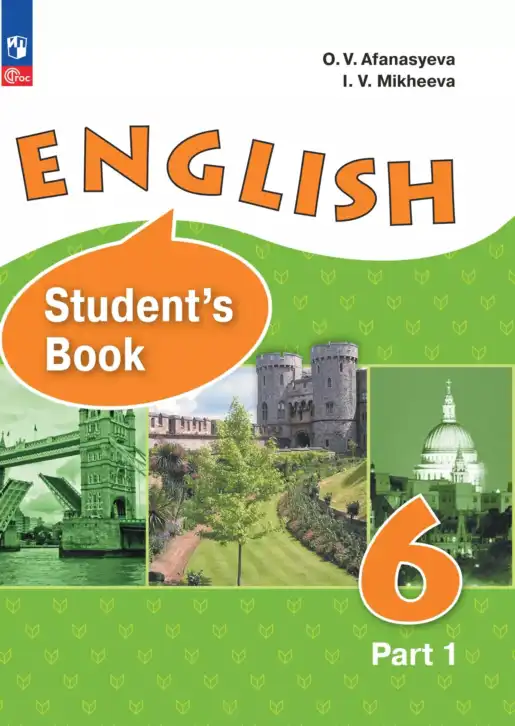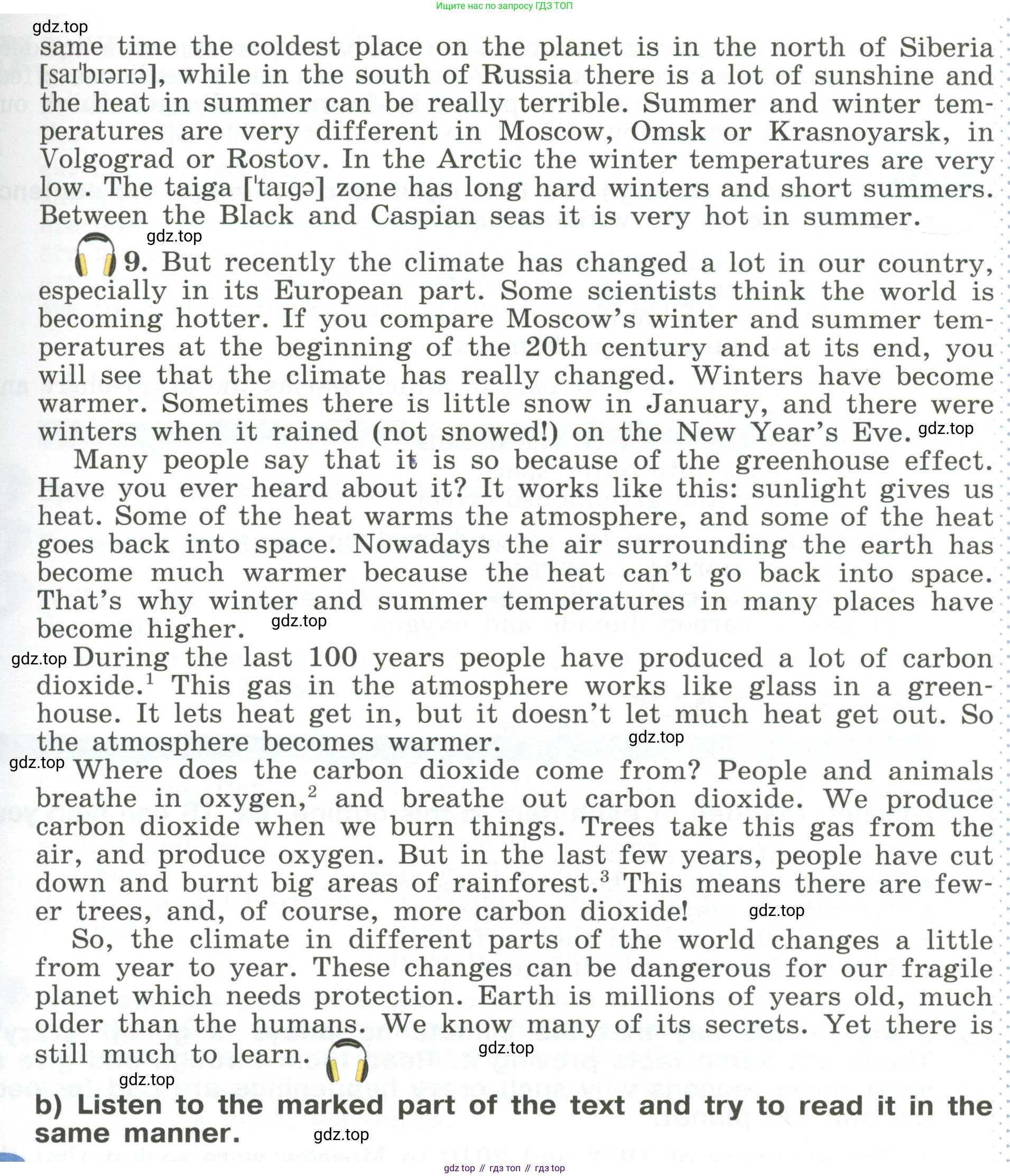Номер 16, страница 22, part 1 - гдз по английскому языку 6 класс учебник часть 1 Афанасьева, Михеева

Авторы: Афанасьева О. В., Михеева И. В.
Тип: Student's book (Учебник)
Издательство: Просвещение
Уровень обучения: углублённый
Часть: 1
Цвет обложки: зелёный, белый
ISBN: 978-5-09-107186-3
Популярные ГДЗ в 6 классе





















Присоединяйтесь к Телеграм-группе @top_gdz
ПрисоединитьсяМы подготовили для вас ответ c подробным объяснением домашего задания по английскому языку за 6 класс, для упражнения номер 16 расположенного на странице 22 для 1-й части к Учебник (Student's book) для учащихся школ и гимназий.
Теперь на нашем сайте ГДЗ.ТОП вы всегда легко и бесплатно найдёте условие с правильным ответом на вопрос «Как решить ДЗ» и «Как сделать» задание по английскому языку к упражнению №16 (с. 22), авторов: Афанасьева (Ольга Васильевна), Михеева (Ирина Владимировна), 1-й части ФГОС (новый, красный) углублённый уровень обучения учебного пособия издательства Просвещение.



